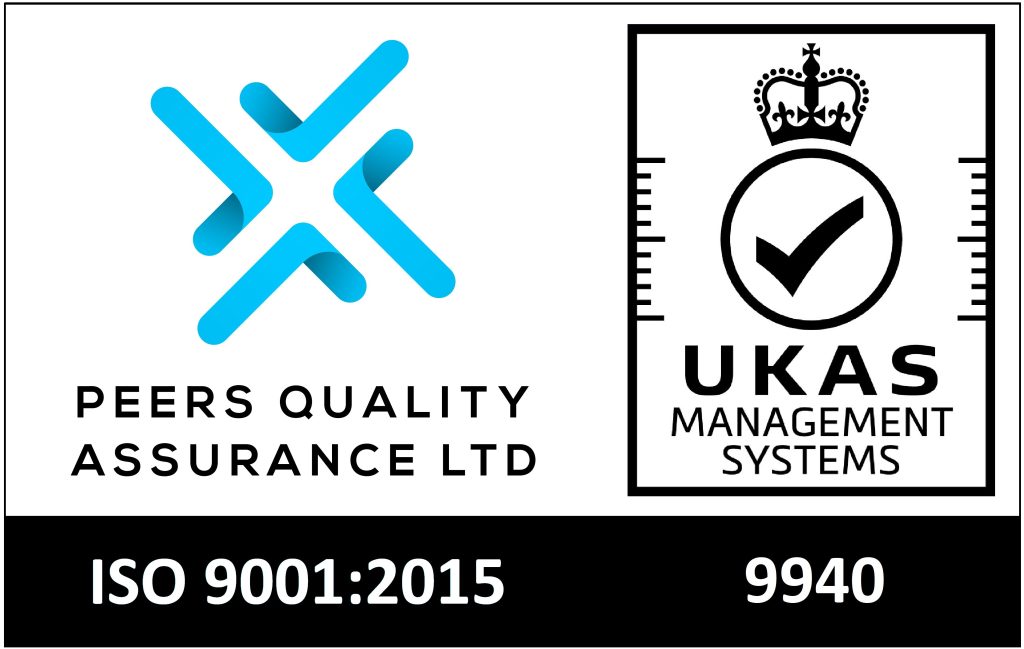Please be advised of DBS price increases
We are NOT increasing our prices. The increase is being implemented by the Disclosure & Barring Service (DBS) and will apply to all
types of DBS checks and will be rolled out by all UK DBS Umbrella Bodies.
The price increase will come into force from Monday 2nd December 2024
The DBS cost increases are as follows:
Enhanced DBS Check will increase from £38 to £49.50
Standard DBS Check will increase from £18 to £21.50
Basic DBS Check will increase from £18 to £21.50
DBS Update Service will increase from £13 to £16
While these fee increases are entirely outside of our control and reflect changes in the DBS’s pricing structure, Acorn’s administration fee will remain unchanged.
Since the inception of the DBS (Disclosure and Barring Service), many people with serious criminal records have been prevented from working with children and vulnerable adults because potential employers had requested a disclosure with the DBS as part of their recruitment checks.
Recent cases in the press have highlighted the importance of proper recruitment procedures, and the possibly devastating consequences if these procedures are not in place.
Employers not only put the children and vulnerable adults in their care at risk from possible harm, but also put the credibility and good name of their business at risk if they do not ensure that they do everything possible to make sure that their employees are fit for their responsibilities.
Once the DBS check has been carried out the applicant will receive a disclosure certificate. This is a document containing impartial and confidential criminal history information held by the police and government departments which can be used by employers to make safer recruitment decisions.
Depending on the type of disclosure applied for Disclosure information could include:
- Details of
criminal records - Information about
a person’s inclusion on children’s or adults’ lists - Other relevant
information held by a local police force or Government Body - Or state that
there is no information
We offer the following types of DBS Check:
Standard
Standard Disclosures contain details of all spent and unspent convictions held on an individual’s criminal record as well as cautions, reprimands and warnings.
Some roles that may require a standard disclosure certificate include:
- Accountant
- Lawyer
- Solicitor
- Barrister
- Veterinary surgeon
- Security Guard
Enhanced
Enhanced Disclosures contain details of all spent and unspent convictions held on an individual’s criminal record as well as cautions, reprimands, warnings and any additional information held by local police forces that they believe to be relevant. Checks against the Child and/or Adult barred list may also be carried out when necessary.
Some roles that may require an enhanced disclosure certificate include:
- Teacher
- Teaching Assistant
- Doctor
- Dentist
- Dental Nurse
- Carer
- Social Worker
- Psychologist
- Physiotherapist
- Pharmacist
Volunteer
A volunteer can request either a standard or enhanced check as described above.
According to the DBS definition of a volunteer, the applicant must not:
- Receive any payment (with the exception of travel and approved out-of-pocket expenses)
- Be on a work placement
- Be on a course that requires them to do this job
- Be in a trainee position that will lead to a full-time role or qualification
If any of the above apply to the applicant they will be required to carry out a paid DBS check instead.
DBS AdultFirst Check
A DBS AdultFirst Check can be carried out in addition to an enhanced DBS Check.
It is exclusive to the health sector, allowing employers recruiting for posts that involve working with vulnerable adults to check whether a potential employee appears on the vulnerable adults barred list.
A DBS AdultFirst Check can only be issued when there is a real danger that staffing levels will fall below statutory obligations.
Below are the two possible results of the DBS AdultFirst Check:
- No match exists for this person on the DBS Adults Barred List – This means that the applicant can begin working straight away however they must be supervised at all times until their Enhanced Disclosure Certificate is completed.
- Please wait for the DBS Certificate before making a recruitment decision regarding this applicant – The applicant must wait for their Enhanced Disclosure Certificate to arrive before they can begin working.
Certified & Regulated
Click logo to view our certificates.


